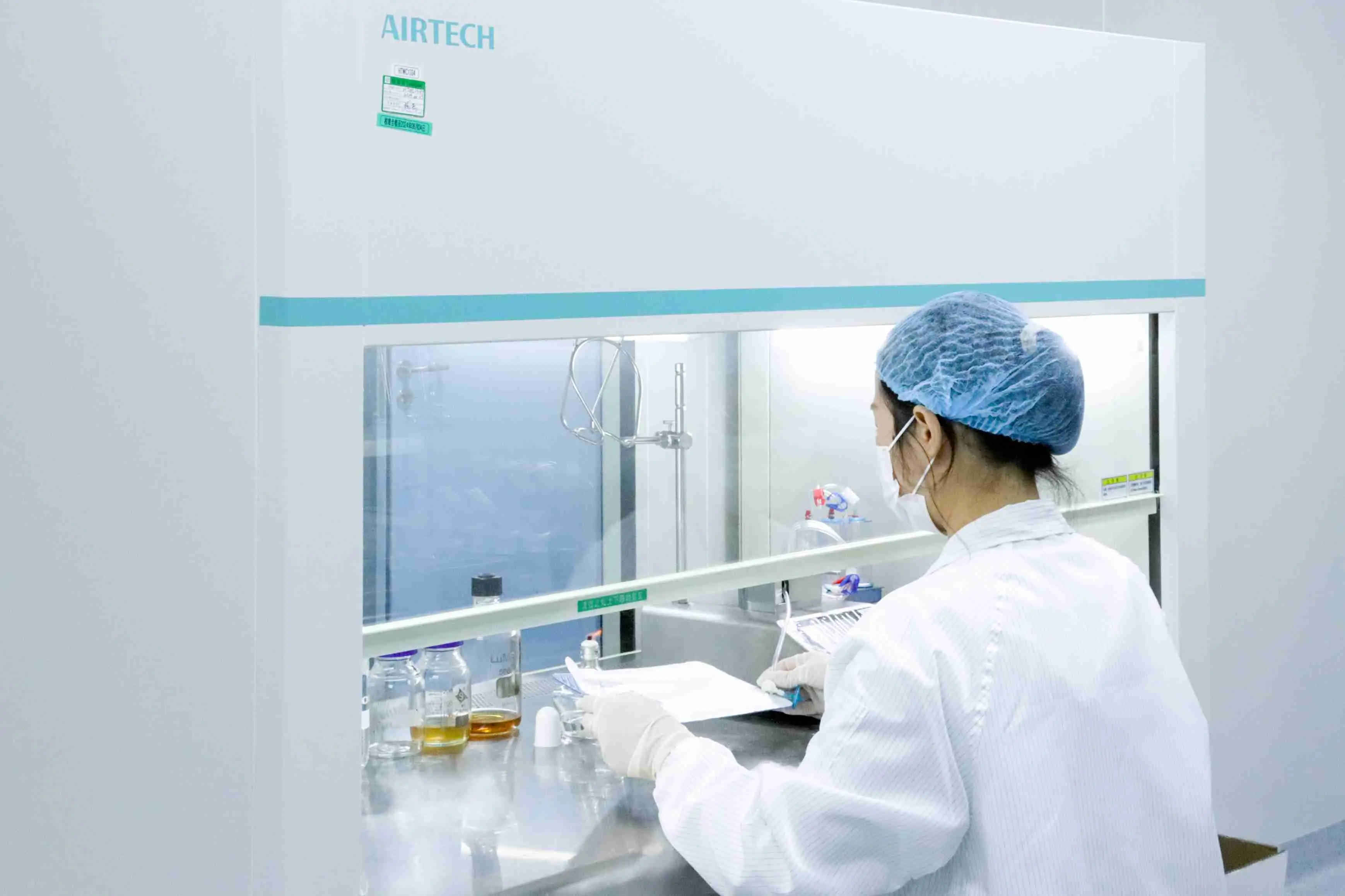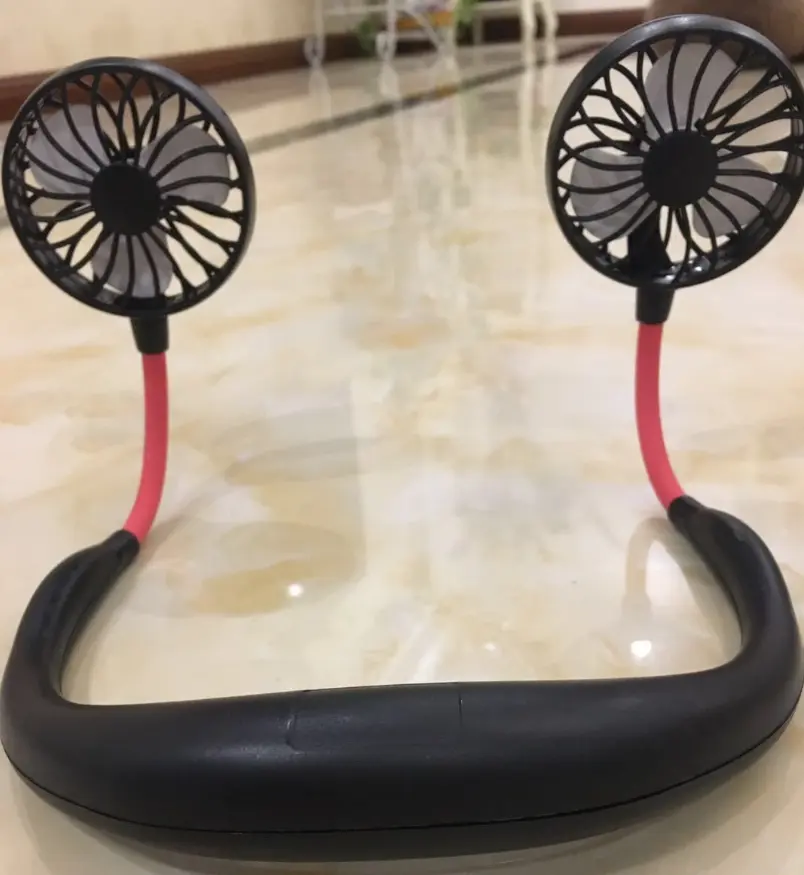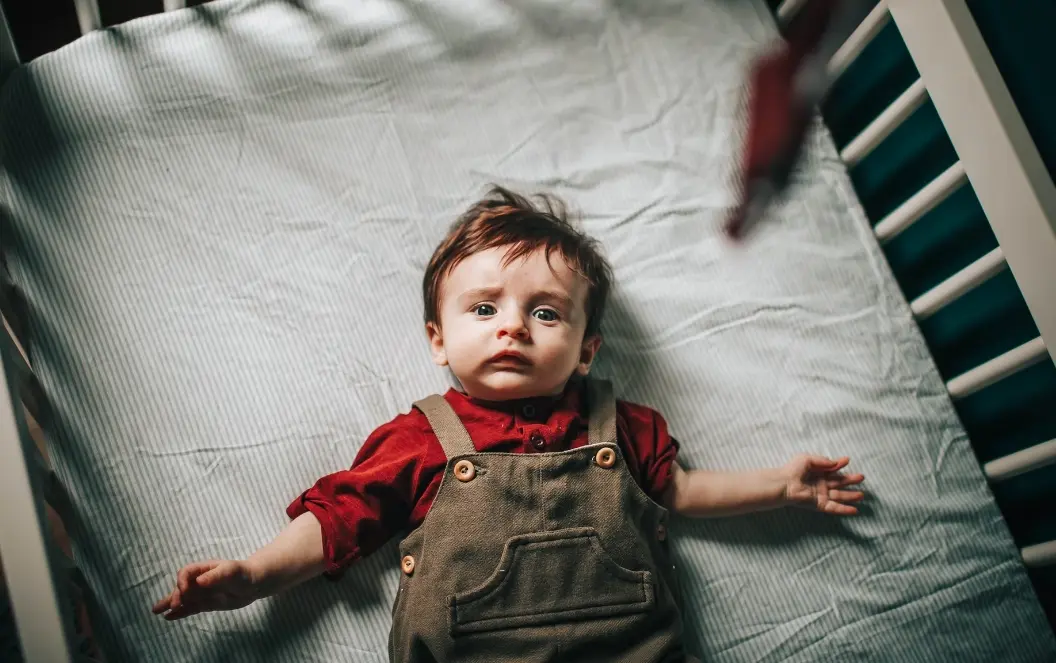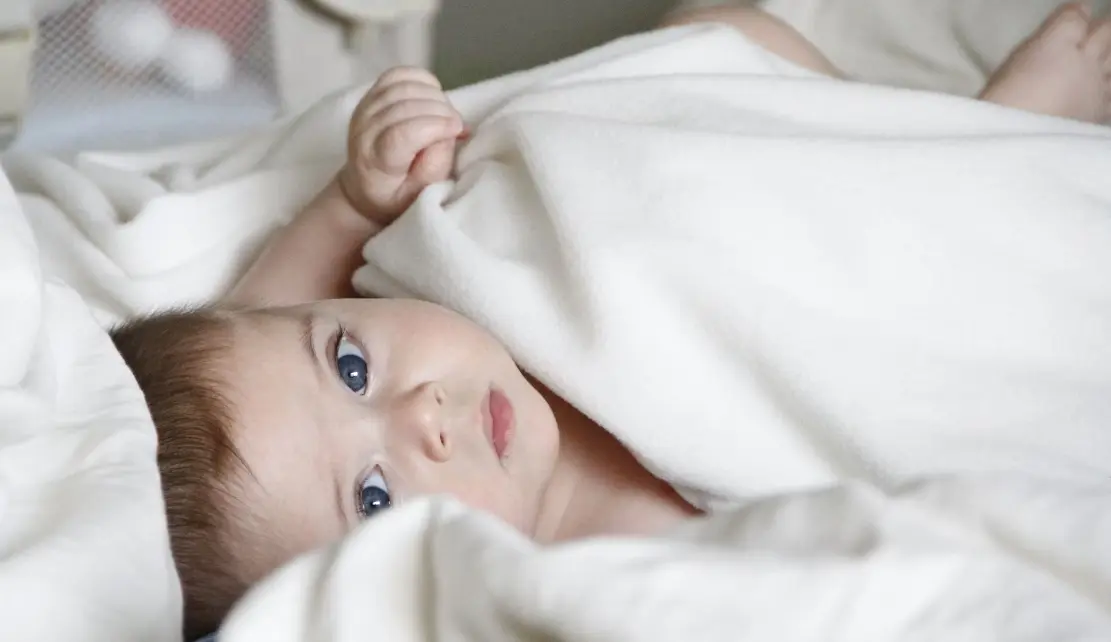
FCC Certification Testing Services in Mexico
According to statistics, Mexico's total exports to the United States in the first 10 months of 2024 reached $706.897 billion, marking a year-on-year growth of 5.24%.
Mexico has consistently been a major exporter to the United States. However, products entering the U.S. require specific certifications. Possessing Mexican NOM and ifetel certificates alone does not grant products direct access to the U.S. market. For instance, electronic products need FCC certification, UL certification (optional), while toys require CPC Certification, among others.
At JJR Laboratory, we have partnered with numerous Mexican manufacturers to assist them in obtaining FCC certification and similar credentials. You can send your products to our laboratory for testing and certification.

What is FCC Certification?
1. FCC certification is a mandatory U.S. EMC (Electromagnetic Compatibility) certification, primarily for electronic and electrical products ranging from 9 kHz to 3000 GHz, addressing issues of radio interference in wireless communication.
2. Electronic and electrical products entering the U.S. market must apply for FCC certification and bear the FCC mark.
Types of Products Requiring FCC Certification
1. Power Products: Communication power supplies, switching power supplies, chargers, display power supplies, LED power supplies, UPS systems, etc.
2. Lighting Products: Chandeliers, track lights, garden lights, portable lamps, LED streetlights, string lights, table lamps, LED spotlights, aquarium lights, and energy-saving bulbs.
3. Household Appliances: Fans, kettles, audio systems, TVs, mice, vacuum cleaners, etc.
4. Electronic Devices: Earphones, routers, phone batteries, laser pointers, vibrators, etc.
5. Communication Products: Telephones, cordless phones, fax machines, answering machines, modems, data interface cards, and other communication equipment.
6. Wireless Devices: Bluetooth devices, tablets, wireless keyboards, wireless mice, remote controls, wireless networking devices, and low-power wireless products.
7. Wireless Communication Products: 2G, 3G, 3.5G, DECT phones, and walkie-talkies.
8. Machinery: Gasoline engines, welding machines, CNC drills, lawnmowers, dishwashers, bulldozers, lifts, excavators, food processing machines, and printers.
Main FCC Certification Methods
1. FCC-SDoC Certification:
- Applicable Products:
Home computers, peripherals, consumer broadcast receivers, and certain industrial, scientific, and medical equipment under Part 18.
- Process:
The responsible party (usually the manufacturer or importer) tests the product at an FCC-designated lab to ensure compliance with technical standards and maintains the test report. Once passed, a Declaration of Conformity (DoC) is issued, allowing the product to display the FCC mark for U.S. sales.
2. FCC-ID Certification:
- Applicable Products:
Low-power transmitters like cordless phones, remote controls for automatic doors, radio-controlled toys, industrial/scientific equipment under Part 18, and intentional RF devices under Part 15.
- Process:
Products undergo testing at an FCC-accredited lab, and required documentation (e.g., technical details, photos, and user manuals) is submitted to an FCC TCB lab. After approval, a certificate is issued along with an fcc id number.
### How to Apply for FCC-ID Certification
1. Apply for an FRN (FCC Registration Number):
If this is your first time applying, you must also obtain a permanent Grantee Code. Testing can begin while awaiting FCC approval of the Grantee Code.
2. Complete Forms and Submission:
Use the assigned Grantee Code, test report, and required materials to complete FCC Form 731 and Form 159 online. The FCC typically takes 60 days to process applications. Once approved, the FCC ID certificate will be issued.
3. Product Labeling:
Once certified, products must display the FCC ID to be sold or exported to the U.S.
Documents Required for FCC Certification
1. User Manual (in English)
2. Antenna Specification
3. Product Label
4. Label Location Diagram
5. Schematics
6. Block Diagram
7. PCB Layout
8. PCB Placement Diagram
9. BOM List (Bill of Materials)
10. Operational Description
11. Hardware/Software Version Details
12. RF Testing Software or Method
Why Choose JJR Laboratory?
JJR Laboratory holds CNAS/CMA dual accreditation and ISO/IEC 17025 certification. With years of experience assisting Mexican manufacturers in obtaining FCC certification, our lab collaborates closely with international FCC TCB agencies. Equipped with professional fcc testing equipment and technical staff, our China-based lab offers a one-stop service, from product testing to certification, at 40% lower costs.
JJR Laboratory is your trusted partner for FCC certification!
Email:hello@jjrlab.com
Write your message here and send it to us
 ISO 10993-5 Tests for In Vitro Cytotoxicity
ISO 10993-5 Tests for In Vitro Cytotoxicity
 FDA Designated Cytotoxicity Testing Laboratory
FDA Designated Cytotoxicity Testing Laboratory
 Cytotoxicity Testing Labs
Cytotoxicity Testing Labs
 Introduction to UL94 Flammability Testing
Introduction to UL94 Flammability Testing
 Canada Electrical Product Compliance Certification
Canada Electrical Product Compliance Certification
 Button Battery 16 CFR Part 1263 and ANSI/UL 4200A
Button Battery 16 CFR Part 1263 and ANSI/UL 4200A
 American Certification Testing for Baby Walkers
American Certification Testing for Baby Walkers
 Baby and Children's Products EU & US Certifica
Baby and Children's Products EU & US Certifica
Leave us a message
24-hour online customer service at any time to respond, so that you worry!




